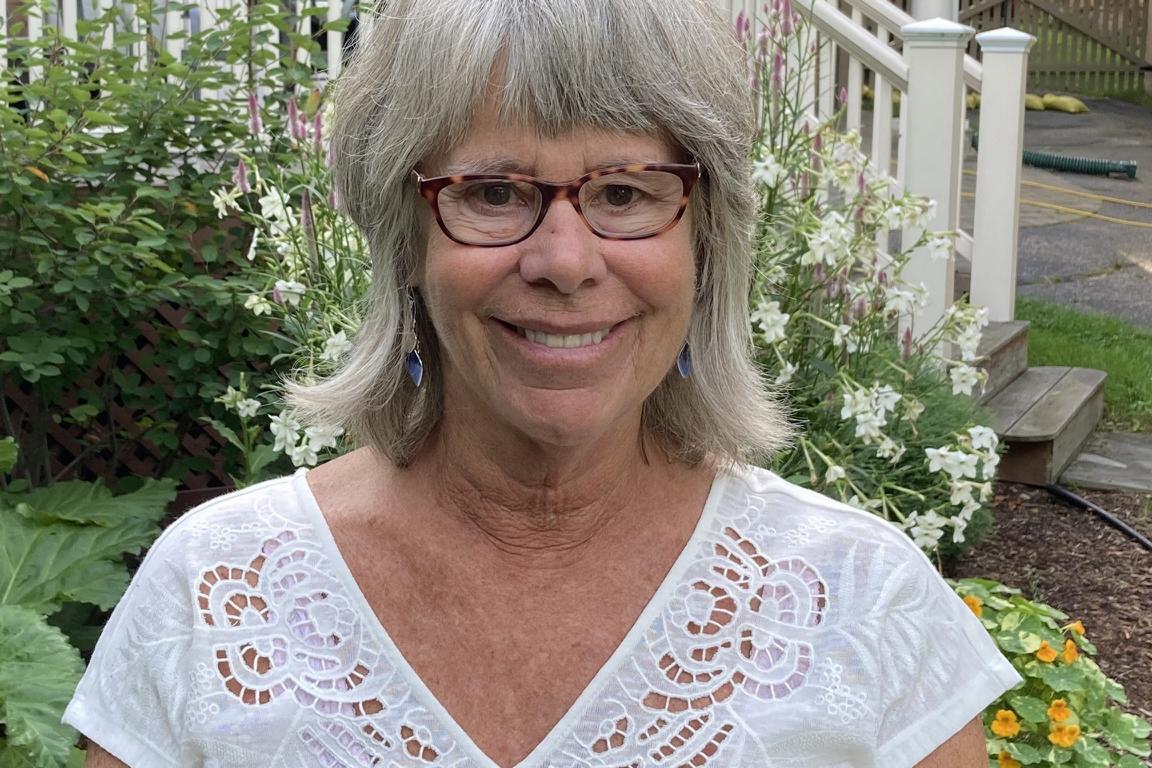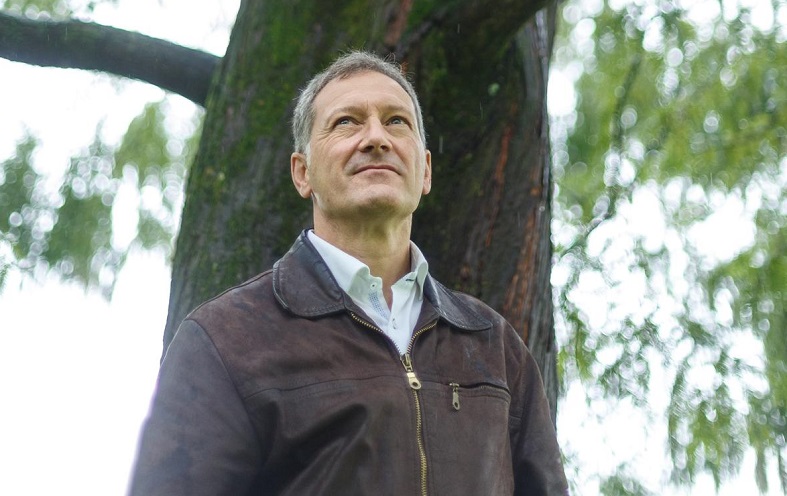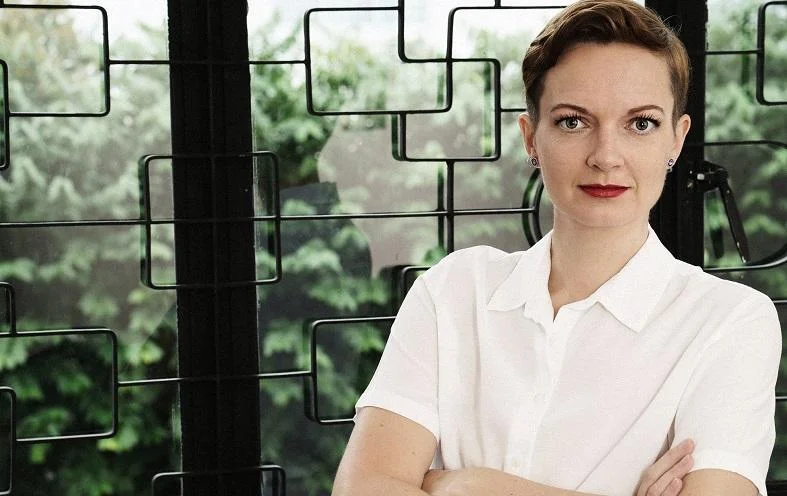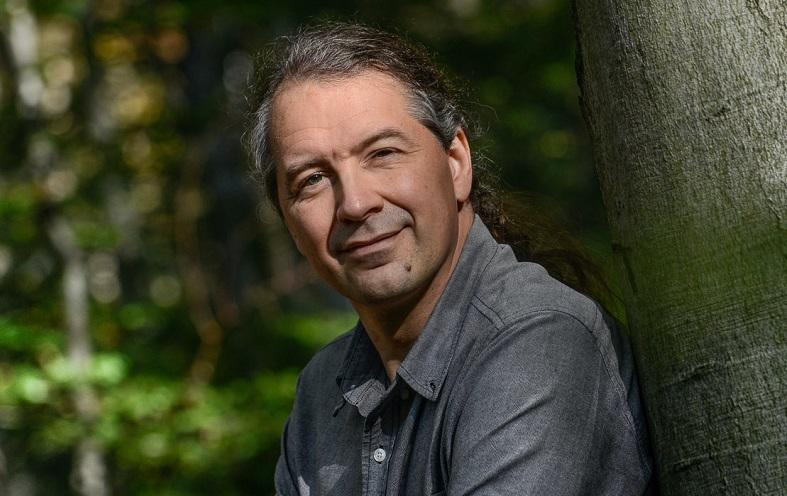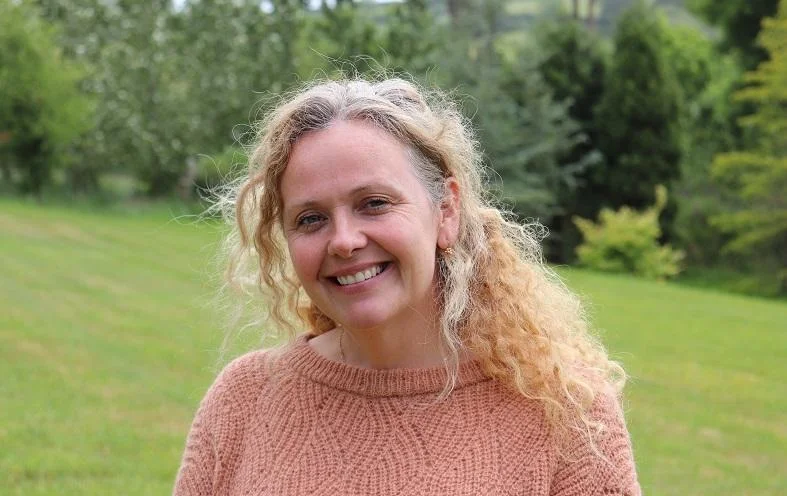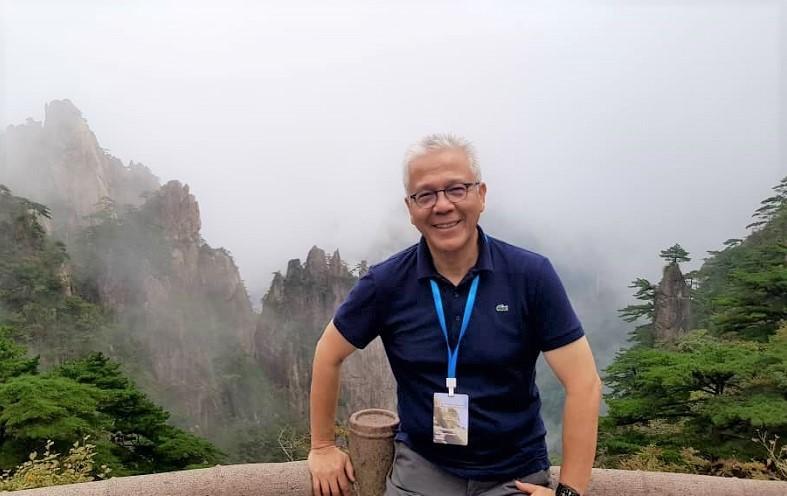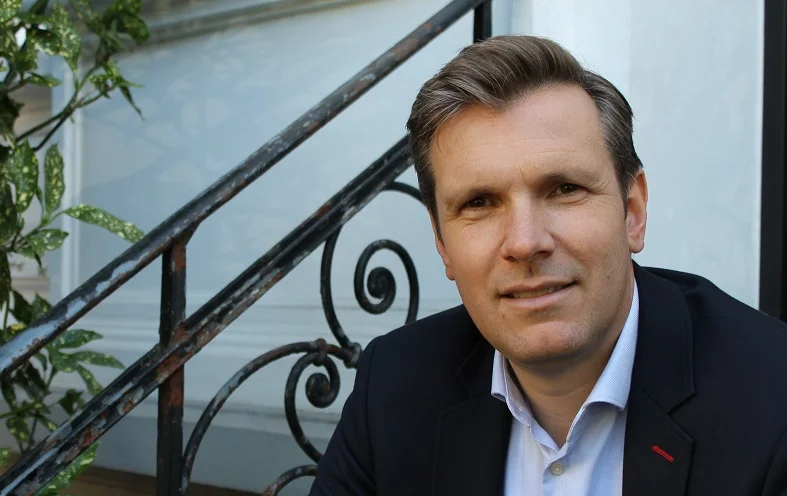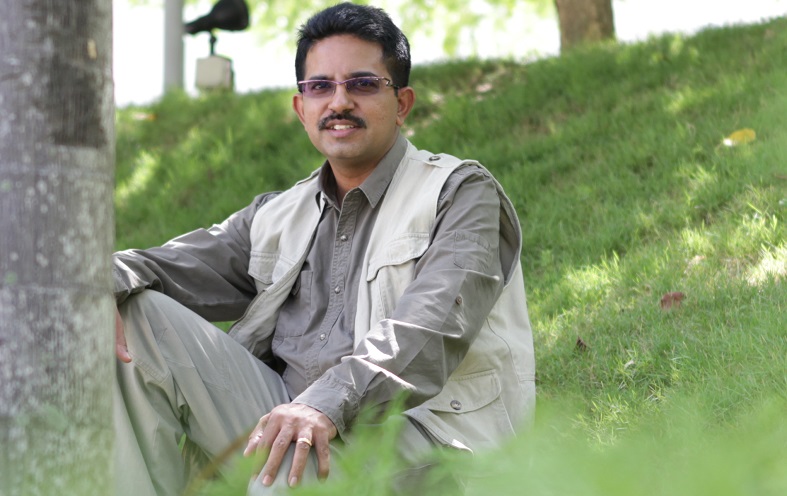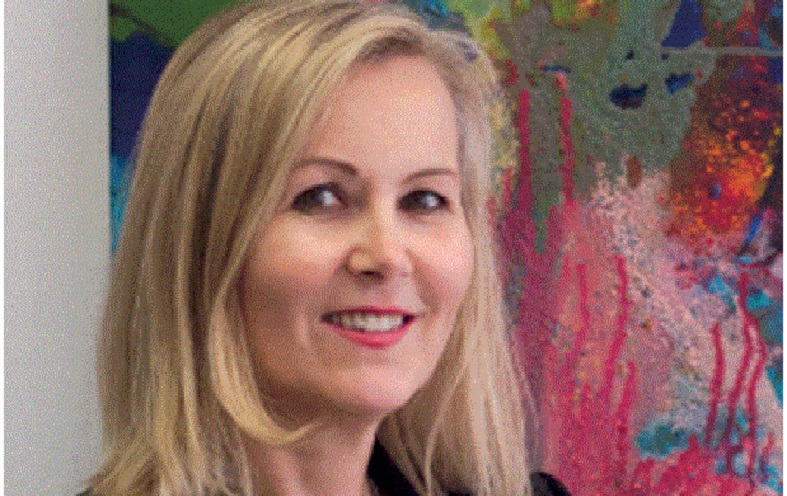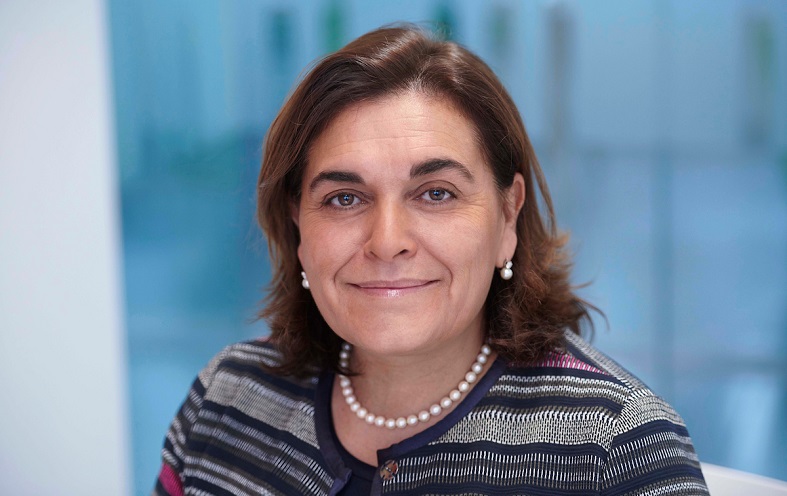
How will popular travel destinations like New Zealand recover from the coronavirus pandemic? Which are the key sustainable tourism challenges which we need to address post-COVID-19?
Professor David Simmons of Lincoln University in New Zealand shares his thoughts on those questions and also points out which areas of research we should prioritize. David is the chair of the EarthCheck Research Institute.
David, when did you discover your passion for sustainability linked to tourism? Who or what stirred your interest?
Not surprisingly, my interest in nature and natural history was inspired by my father, an elementary school teacher from a farming background. During the longer school holidays we were always active in the outdoors – picnics, walks and longer treks, as the years progressed. In my late teens, I was very fortunate to travel the world via sport and soon realised how very privileged we were in New Zealand, in an increasingly crowded world.
My first degree is in ecology (botany and zoology) and it was natural to migrate to resource management, and onto tourism via human geography and planning. Tourism was in its early boom and I wrote a piece for the then government (1986) on the future management of tourism in New Zealand and its effects on New Zealanders.
How have your views on tourism sustainability changed over the years?
My views have certainly continued to evolve. This is especially so as new understandings and metrics become developed and socialised.
In short, we need to ‘measure to manage’ at all levels in tourism production and consumption: business, destinations, itineraries (land, sea, and air) – and of course via tourist behaviour/consumption.
As a highly respected academic researcher in the field – are there any topics you think should be addressed more by the sustainable tourism research community?
Indeed. In many respects, we need to re-think the consumption paradox in tourism. We might ask what ‘high yield’ tourism is in terms that reach beyond financial metrics – and reference regional and local economies, alongside the sector’s sustainable draw on resources?
Does tourism always need to be consumptive of common property resources? Could, for example, tourism contribute to social and natural capitals by enhancing the concepts of restoration and regeneration?
To your mind, which are the main topics and concerns linked to tourism sustainability at the moment, especially for destinations?
Mindless consumption of common property resources, environments, and cultures. How might they be valued (priced?) in the tourism system.
For us, deep in the southern hemisphere, the carbon footprint of aviation (and cruise) is a very serious concern, as it is for the many developing countries for which tourism is a primary source of foreign exchange.
The coronavirus pandemic has hit the travel sector hard, yet may also lead to opportunities in that it forces tourism to rethink status quo operations. In your view, how can we emerge from the crisis in a way which facilitates a more sustainable future for travel and tourism?
For New Zealand, this is domestic tourism which generates 58% of all in-country tourism expenditure, while New Zealanders themselves (a population of 4.8 million) made 3 million trips overseas last year and in so doing took $NZ 6.5bn out of our economy.
Elsewhere the highest order challenge appears as ‘distance = (carbon) costs’.
A new paradigm has to emerge – one where tourism gives back more than it draws down on all the resources that support it. Slow travel, localism, and mindful long-haul travel (which may well be shaped by post-COVID pricing) will need to become part of this new paradigm.
What tips do you have for professionals who want to deepen their knowledge about sustainable tourism, but don’t know how to start?
For anyone choosing a course to study, I would look first at the credentials of the instructors (ahead of the institutions themselves).
Learning is best achieved in a mixture of reading and discussion. Courses need not be standard ‘degree’ type courses but might include micro-credentials where like-minds can meet and be challenged to new horizons.
Thank you, David.
Connect with David on LinkedIn. More about his research and teaching at Lincoln University here. You may also be interested in the research centre Sustainable Tourism for Regions, Landscapes, and Communities, of which David is the director.
Did you enjoy our interview with Professor David Simmons of Lincoln University in New Zealand on how destinations like Aotearoa will recover from the coronavirus pandemic and which sustainable tourism topics we should prioritize now? Thanks for sharing!

